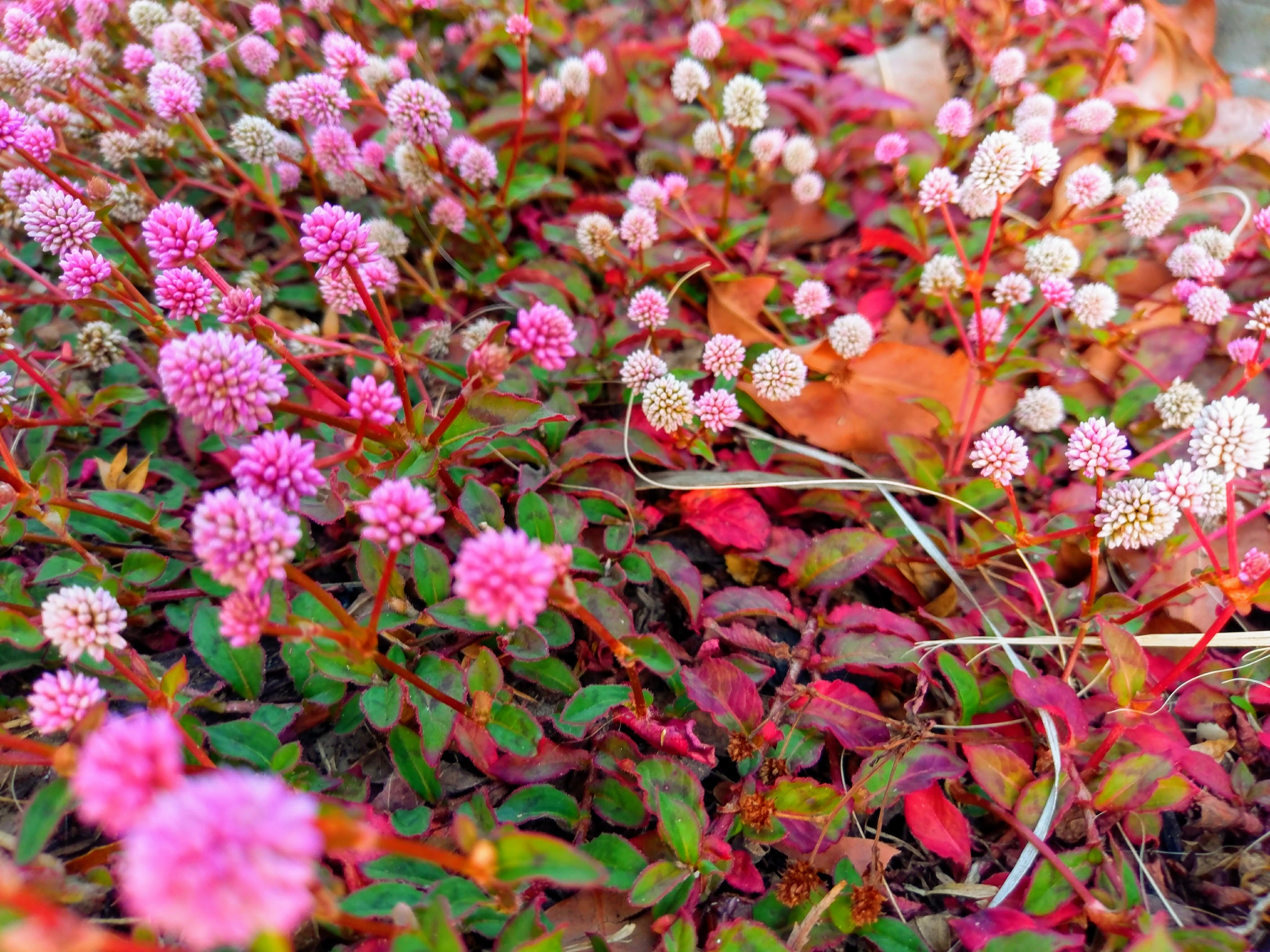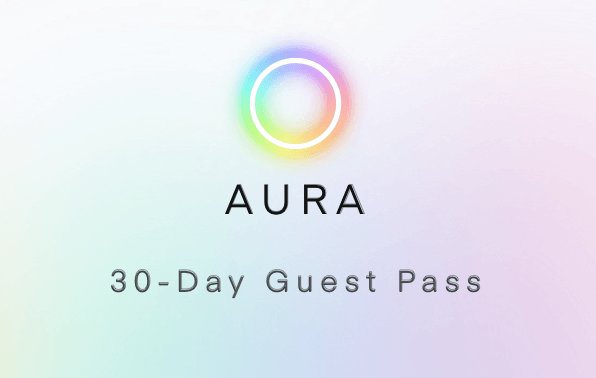The change of seasons is upon us. The gasfire-warmed mornings of a couple of weeks ago have given way to more temperate conditions. Indoors, for my early-morning writing routine, I am no longer wearing a scarf or chunky neck-warmer, nor am I double-socking. (Yes, Melbourne homes really are that cold in winter and I have much anecdotal evidence to support my own experience. The houses here were built for warm weather, not cold, so zero insulation, massive gaps under all doors, and single-glazed windows are standard for residences of a certain vintage.) Apart from the creaking of my brain as I try to cajole creative function from it, the other three constants that form the soundtrack to this quiet time are the purring of the cat, the humming of the fridge and the whirring of my computer. To those has now been added the insistent morning call of one of Australia’s more annoying birds which I believe to be a wattle bird, but I am not sure. To call it a songbird would not be accurate because its call does not resemble music of any kind. It has a grating, staccato rhythm that it bleats out in martial bursts. But however ugly and irritating that sound is, it is a sure sign that spring has sprung, and that feels most welcome.
Having swum in the dark for most of the winter, stubbornly stroking through the cold water of Port Philip Bay beneath blue-black skies, it is now a pleasure to see the dawn sky unveil itself each morning. I won’t lie – there is a sense of modest achievement at getting through the coldest and darkest part of the year in nothing more than a pair of Speedos and a couple of swimming caps. The psychological knuckling-down ceases to be part of the negotiation and it feels calming to know that those defences can be taken off high alert. The subconscious can unfurl itself with greater ease and the zen aspect of being in the water becomes far more attainable. That zen zone is there throughout winter also but it is much more embattled, much more hard-fought for. It is amazing the difference a bit of light and a slight rise in temperature makes. But that is all we need sometimes, isn’t it? Just a little shift here, a small adjustment there, and suddenly everything clicks into a much more satisfying place.
Karate is very much like that. Little shifts and adjustments can be the difference between a powerful technique and something totally ineffective, something that does more damage to you than to your opponent. Those small, sometimes invisible alterations in stance, foot placement, hip position, pelvis angle, wrist rotation, and eyeline, to name but a few, are the difference between connection and disconnection. They are the difference between having a system that can respond and react comprehensively to keep you safe and eliminate a present threat, and a system that has you on the back foot and off-balance as you scramble for the ignition key. The effective utilisation of a martial arts system requires constant practice, specific physical conditioning and the recurring opportunity to test your skills against your peers. Fundamentally, it is about the ability to respond to a moment. That’s where zen comes in. Because zen is now. It is the ever present. And that’s where we live.
To take the literal of the karate world and apply it more metaphorically to everyday life, the idea is that by making small adjustments in our lives and developing a repertoire of skills for daily practice, we can deal with whatever present threat is impacting on us. What is adjusted and what is practised is up to each individual but it could be as easy as cutting out one thing from your diet or having an internet-free day or getting up 20 minutes earlier than normal to do some form of exercise. It could be deciding to say ‘thank you’ more or ‘f**k you’ less. It could be the attempt to say one kind thing to yourself each day. Who knows? The skill or practice you choose to nourish will depend on what threat you are trying to protect yourself (or indeed, someone else) from. In karate, as in other martial arts, there is a range of defensive techniques from which to choose the most appropriate response. Everything depends on the nature of the attack, where that attack is coming from, and who is delivering it. So, what could those threats be?
Frustration, disorganisation, procrastination, communication and motivation are but a few possible issues that might need questions asked of them. And that’s the start. Ask what it is that is afflicting you. And then ask what you have in your arsenal to deal with it. Choose something, apply it, and see if it works. If it doesn’t work, you might need to select a different weapon. Or if the weapon is blunt, you might need to sharpen it. And how do you sharpen it? What is your symbolic whetstone? Constant practice. After all, a weapon must be fit for purpose. And then it must be directed with requisite skill and focus to pose sufficient problems to that which would oppress you.
But that necessary practice is never as straightforward as we hope. Practice only yields real rewards when it is mindful. Practice only brings us to a better place when we are fully committed to challenging, and changing, our ingrained habits and assumptions. Assumptions are lethal. They are dead ends by design. They are a presumed result when any real scrutiny suggests myriad other possibilities. Assumptions are what we make when we don’t want to shift our working brain out of the comfy armchair it has been languishing in all day, or all week, or all month, or all year, or – all our lives? By working brain I mean conscious brain, the one that pays attention in the here and now. That’s a very useful brain. It’s one we depend on a lot. But it gets lazy. Because we allow it to. Because that’s easier than exhorting it to be on high alert at all times. And that’s not always a problem. There are times when it is essential to go into ‘sleep mode’ to facilitate a certain winding down, a deserved switching off. But threat negotiation should not be that time. That is not the time to rely on assumptions.
Let me give you a recent example of what I’m talking about. About a month ago, I was at the dojo and the class was coming to an end. I was training, not teaching. And I was a bit tired and keen to finish up but we had a large group of visitors who had just arrived for a special one-off class after training and our sensei wanted to finish the session with a bit of a bang to impress them. So she asked the black belts to turn and face the class and we simply had to fight a sequence of attackers in brief attack-counter-attack sequences. A very typical drill, the difficulty of which lies in not knowing what kind of attack is coming at you, but as an experienced karateka you get used to certain dynamics and certain common choices of attack so it is not unduly stressful. A young man who has been training with us for less than a year came up to face me. He is blessed with speed, strength and enthusiasm but not a lot of nuance or finesse, so in the moment some part of my brain dismissed him and decided he wasn’t a real threat. Now, when I teach, I excoriate my students for complacency. I warn against it constantly. I tell them if they train like unthinking robots, their karate will be robotic and inflexible, it will have no character of its own, and it will fold under pressure because it won’t adapt. I tell them to wake up as soon as they walk through the dojo doors. I tell them to stay awake and bring every part of their focus and desire and will to bear on what they are trying to cultivate in their karate. It’s a battle, I say. Don’t fall asleep, I say. Be ready, I say.
The young man nearly broke my nose. With a beautiful kick. That I did not see coming.
As I cleaned the blood from my nostrils later it was time to excoriate myself. My assumption package had ruled out a viable threat. My assumption package had opened the door to some good old arrogance-inspired complacency. And I paid the price. Deservedly so. The moral of this little episode? Complacency leads to pain! Here, it does not serve us to understand complacency as a byword for some kind of indolence or being uninterested. Complacency has more agency than that. It is the relegation of priorities. It is allowing things that should be important become unimportant. It is the abdication of personal responsibility. Because we sometimes labour under the misapprehension that things will take care of themselves. It’s a fallacy. They don’t. Ask my nose.
Daily practice. Habitual awareness. Cultivated diligence. They don’t have to be big things, they just have to be something that puts you in a better place. Something that sets you fair to do whatever has to be done. Something that allows you to dictate some of your own terms, rather than being harried and harassed by a life that refuses to cede any ground.
The alarm goes. My brain creaks. The cat purrs. The fridge hums. The computer whirrs. And that bloody bird won’t shut up. But it’s only a small change.
Time for a change? What’s important to you? Where could you make some gains?




a timely reminder Dara, so eell expressed, thankyou. Hope ee get to see you and the family nxt month!
Nice one, Lynne. Yes, looking forward to coming home and we’ll surely see you when we’re back. Cheers!
Thanks Dara, and so relevant as the long warm evenings have turned to dark and blowy… Love to see you all when you are here.. xxx
Thanks Fiona, we can’t wait to see you. And looking forward to throwing my eyes on Glendarragh again, too. See you soon. xx
That’s an inspiring essay, Dara. Woke me up from my complacency this morning… As we move from summer into this new season, the Hurricane Season, we look forward to seeing you next month.
Lovely to hear from you Garvan, and very much looking forward to swapping stories in due course. Thanks for reading.
Every year as we move into autum/winter we always get an essay from the thieving hemisphere wattling on about how the weather is improving. Pah.
Europe in its complacency didn’t see the kick coming – I’ll pass that very enjoyable essay on.
Thanks Neil. I confirmed that bird is indeed the dreaded wattlebird.
Can’t wait to see you guys when we’re home. 😊
Your zen practices of swimming and karate inspired me before and inspire me still. I respect it so much.